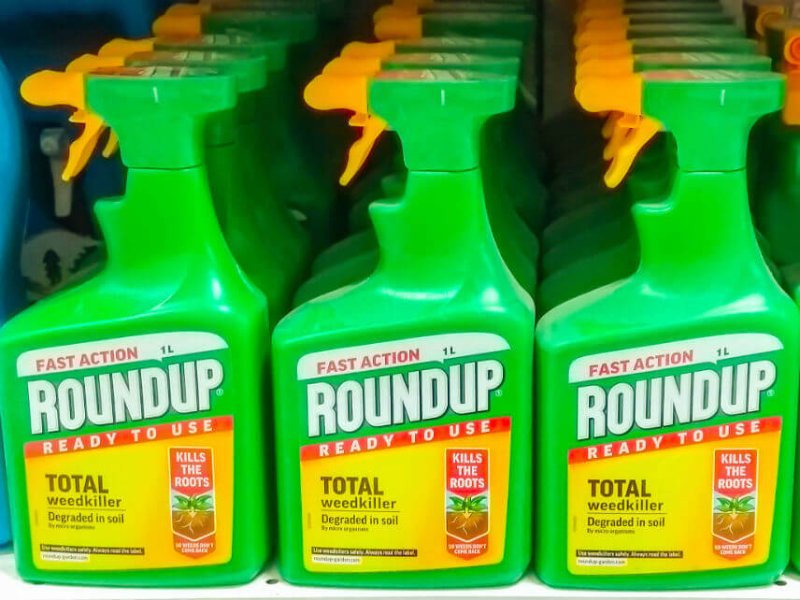A San Francisco jury decided last month that a plaintiff’s case of non-Hodgkin lymphoma was caused by Bayer’s Roundup weedkiller … Less than a week before, a jury in Oakland, Calif., awarded $29 million to a woman who claimed her mesothelioma was caused by asbestos in Johnson & Johnson ’s talc powder. …
These decisions … represent a search for a scapegoat that distorts the science of cancer as well as society’s conception of the disease.
…
Exposure to carcinogens influences the risk of developing cancer, which is a function of many factors, including the dose and duration of the exposure. Other factors, such as inherited genetic mutations, also create risk. To say something is a carcinogen encompasses a wide spectrum of risk.
…
The truth is that we have no idea why some people develop cancer while many others do not. Risk factors alter the odds but are hardly determinative. For any individual case there is a sizable variable of uncertainty, representing factors that are either poorly understood or truly random.
My principal concern isn’t the liability of the companies involved. The most important ramification of these lawsuits is their impact on the public psyche, suggesting that there is a definitive explanation for every case of cancer.
Read full, original post: What Causes Cancer? It’s Complicated































